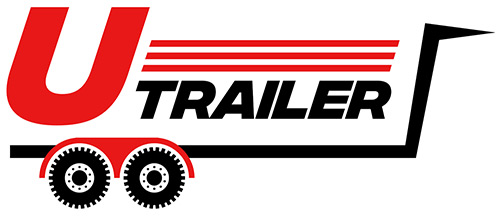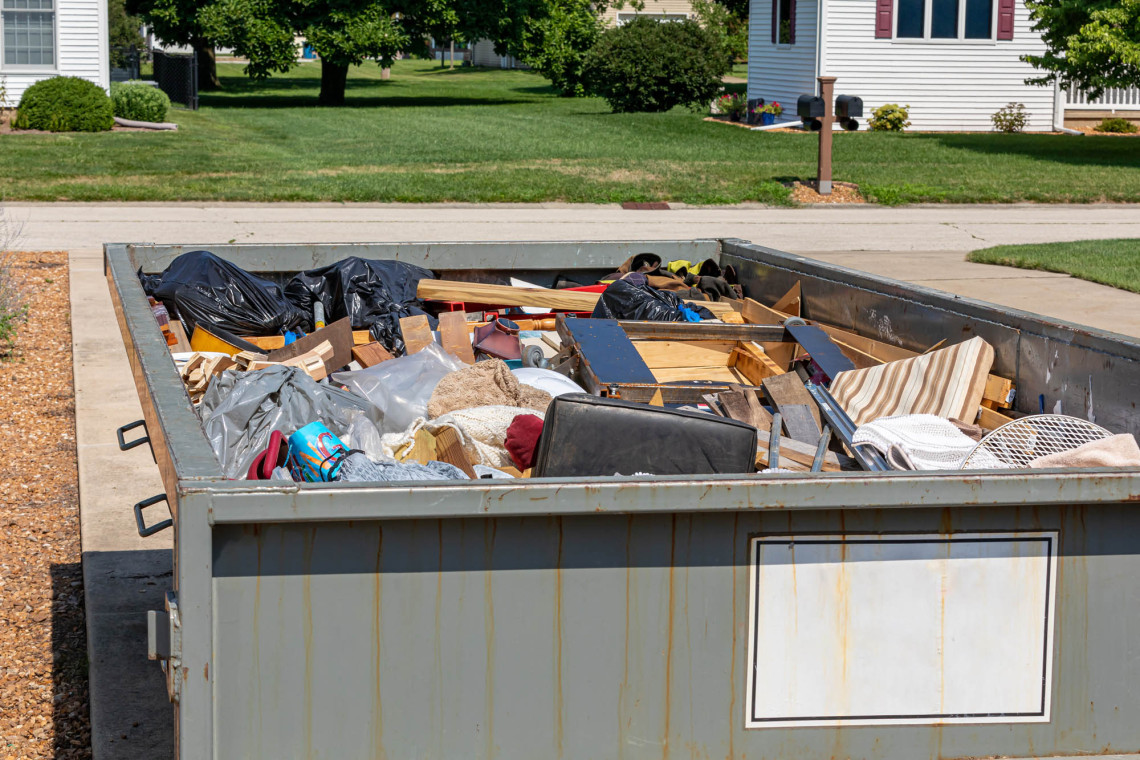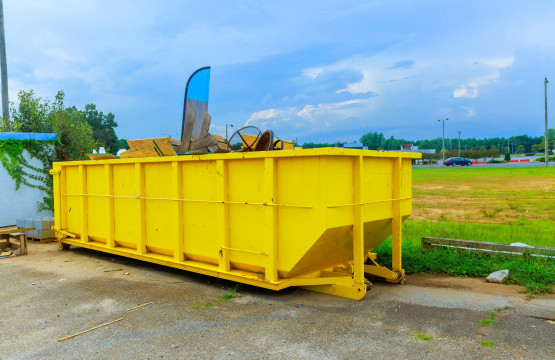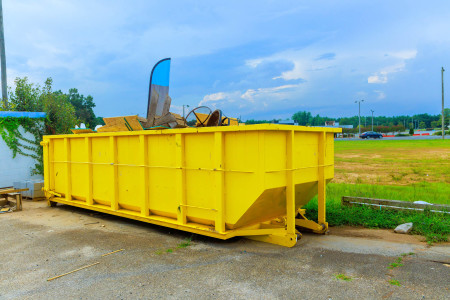Renting a dumpster can be an incredibly convenient solution for large projects like home renovations, cleanouts, or construction work. However, if you’re new to dumpster rentals, there are a few common mistakes you might make that can result in extra charges, delays, or frustration. In this blog post, we’ll walk through the most frequent mistakes people make when renting a dumpster and give you tips on how to avoid them.
By understanding these common errors, you can save time, money, and avoid a headache during your next project.
Choosing the Wrong Dumpster Size
The Mistake:
One of the most common mistakes people make when renting a dumpster is underestimating how much waste they’ll generate and ordering a dumpster that’s too small. Alternatively, some people overestimate their needs and order a dumpster that’s too large.
How to Avoid It:
- Know Your Project Scope: Before choosing a dumpster, take a moment to evaluate the amount of waste your project will generate. For instance, a small cleanout might only need a 10-yard dumpster, while a kitchen remodel could require a 20-yard dumpster.
- Use a Dumpster Size Guide: The owner may have a size guide or calculator to help you determine the right dumpster size based on the volume of waste you expect.
- Get Expert Advice: If you’re unsure, don’t hesitate to ask the dumpster rental company for recommendations based on your project. They have experience and can help you select the most appropriate size.
Overloading the Dumpster
The Mistake:
Overloading your dumpster is another common issue. Dumpsters have weight limits, and if you exceed the allowable weight or fill the dumpster higher than the rim, you might face penalties or delays in pickup.
How to Avoid It:
- Understand Weight Limits: The owner will provide a weight limit for each size. Make sure you know these limits so you don’t run into issues.
- Fill the Dumpster Evenly: Distribute the waste evenly within the dumpster and avoid stacking debris above the sides.
- Know What You Can and Can’t Dump: Some items (like tires, hazardous materials, or electronics) may add to the weight and are often prohibited. Be sure to ask about restrictions when booking your rental.
Ignoring Prohibited Items
The Mistake:
Dumpsters come with a set of guidelines regarding what can and cannot be disposed of. Some customers unknowingly throw in restricted items, such as hazardous waste, chemicals, electronics, or appliances with freon, which can result in fines or the need to remove the items at your expense.
How to Avoid It:
- Ask About Restrictions: Before your rental, make sure to ask what you can and cannot place in the dumpster.
- Research Local Laws: Local laws may prohibit certain waste items, like asbestos or specific construction debris. It’s important to know these restrictions beforehand.
- Proper Disposal: For items that can’t go in a dumpster, look for alternative disposal methods, such as local recycling centers or hazardous waste drop-off locations.
Not Securing a Permit for a Dumpster on Public Property
The Mistake:
If you need to place your dumpster on a public street or sidewalk, you may require a permit. Many people assume that placing the dumpster in the street or on public property is fine without considering local regulations, leading to potential fines or delays.
How to Avoid It:
- Check Local Regulations: If you plan to place the dumpster on a public street, parking lot, or sidewalk, reach out to your city or municipality to inquire about required permits.
- Secure the Permit Early: Apply for the permit in advance to ensure you don’t delay your project. The process may take a few days, depending on local bureaucracy.
- Place Your Dumpster Properly: If you don’t need a permit, make sure the dumpster is placed in a legal and safe location. Avoid blocking traffic or driveways.
Not Planning for Delivery and Pickup Timing
The Mistake:
Failing to coordinate the delivery and pickup of your dumpster properly can lead to significant delays. For instance, scheduling a delivery during a busy workday, or not being available for pickup when the dumpster is full, can cause unnecessary frustration.
How to Avoid It:
- Plan Your Timeline: Clearly define the start and end date of your project and make sure to schedule the dumpster delivery and pickup around those dates.
- Be Flexible: Although you may have specific delivery and pickup times in mind, try to be flexible. Things may not always go according to plan, and dumpster companies may run into delays.
- Be Available for Pickup: When your dumpster is full, make sure you’re available to communicate with the owner to arrange pickup promptly. Avoid leaving the dumpster on-site for too long, as this could result in extra charges.
Not Understanding the Rental Terms and Extra Charges
The Mistake:
Many customers overlook rental terms, particularly when it comes to extra charges. These can include overage fees for extended rental periods, additional weight charges, or fines for not adhering to guidelines. This can lead to unexpected costs when it’s time to settle the bill.
How to Avoid It:
- Read the Fine Print: Ensure you fully understand the rental terms, including duration, weight limits, and the fine print regarding extra charges.
- Ask for Clarity: If something is unclear, don’t hesitate to ask the owner about additional fees, including charges for overweight, extra days, or prohibited items.
- Stay Within Limits: Keep track of how long you’ve had the dumpster and how much waste you’ve disposed of to avoid surprises when the rental period ends.
Failing to Prepare the Delivery Location
The Mistake:
A common issue is not preparing the area where the dumpster will be placed. This can include obstacles like low-hanging trees, narrow driveways, or areas that are difficult for the truck to access, which can delay delivery or lead to additional charges.
How to Avoid It:
- Clear the Path: Ensure the area where the dumpster will be placed is clear of debris, vehicles, or obstacles. A level surface is best to prevent tipping.
- Check for Accessibility: Make sure the dumpster truck can easily access the delivery spot.
- Consider a Drop-Off Area: If your driveway or yard is small, consider placing the dumpster on the street (if you have a permit), or near the front of your property for easy access.
Conclusion:
Renting a dumpster is a straightforward and convenient way to manage waste during home renovations, cleanouts, and construction projects. However, avoiding the common mistakes outlined in this post will ensure that your dumpster rental experience goes smoothly, saves you money, and keeps your project on track. By choosing the right size, understanding rental terms, and following guidelines, you’ll avoid unnecessary fees and frustrations and complete your project with ease.






